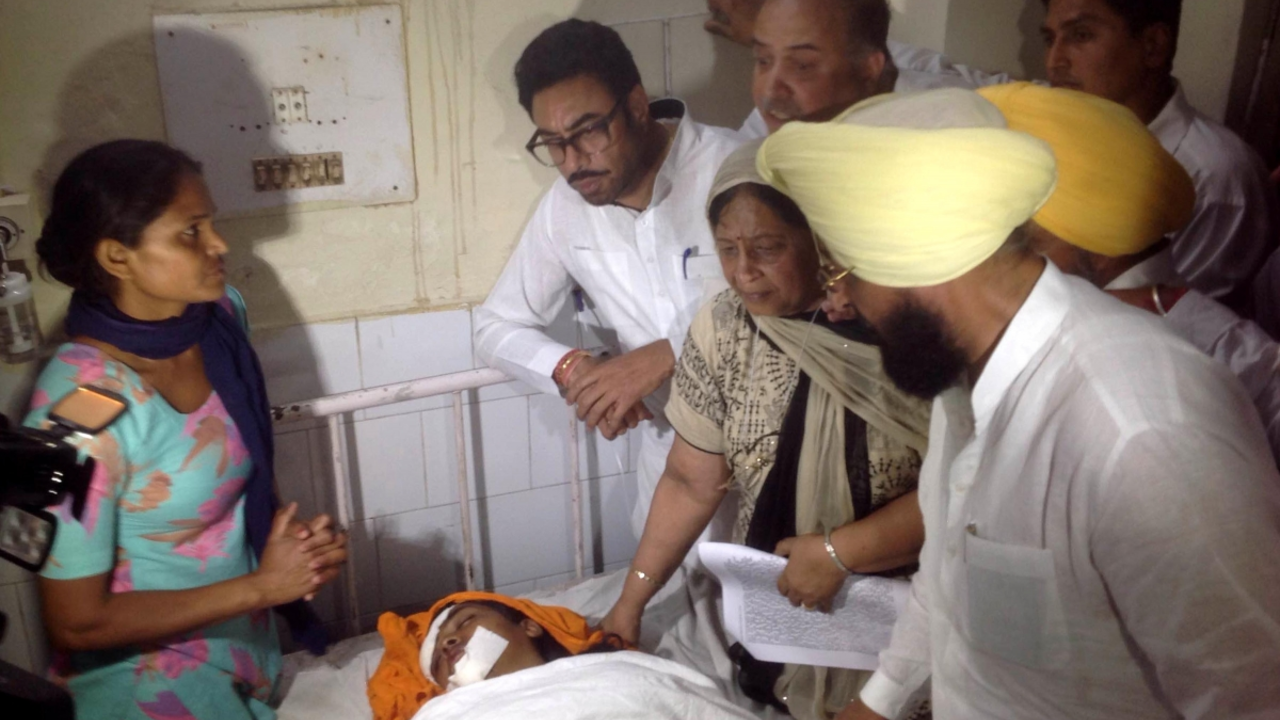Understanding the Bystander Effect
One of the reasons why people do not help accident victims in India is due to a psychological phenomenon known as the bystander effect. The bystander effect is a social psychological theory that states individuals are less likely to offer help to a victim when there are other people present. The more the number of bystanders, the less likely it is that one of them will step forward to help. This is because everyone assumes that someone else will offer help, leading to a diffusion of responsibility.
The Fear of Legal Hassles
Another major factor that discourages people from helping accident victims in India is the fear of legal complications. Many potential helpers worry that they may be held responsible for the accident or become entangled in lengthy and complicated legal proceedings. This fear often stems from a lack of knowledge about the legal rights and protections afforded to good Samaritans in India. The Good Samaritan Law, for example, protects individuals who provide assistance to those in need from liability. However, this law is not widely known or understood, leading to reluctance in providing aid.
Social Stigma and Indifference
Social stigma and indifference also play a role in discouraging people from helping accident victims. In India, there is a widespread belief that helping strangers can invite unwanted trouble or danger. This belief, coupled with societal indifference towards the suffering of others, often leads to a lack of action in emergency situations. People may feel sympathetic towards the victim, but the fear of societal judgement and backlash often overrides the instinct to help.
Lack of First Aid Knowledge
Many people in India do not have basic first aid knowledge or skills. This lack of knowledge can make people feel helpless or scared in accident situations, leading them to avoid getting involved. The lack of widespread first aid training in India is a significant issue that needs to be addressed. First aid skills are crucial in emergency situations and can often mean the difference between life and death.
De-sensitization to Violence and Suffering
India is a country where poverty, violence and suffering are often visible in public spaces. This constant exposure can lead to a certain level of desensitization among the population. When people are regularly exposed to scenes of suffering and violence, they can become less sensitive to it over time. This desensitization can lead to a lack of empathy and a decreased likelihood of offering help to accident victims.
Role of Media in Highlighting the Issue
The role of media in highlighting the issue of bystander apathy in India cannot be overlooked. Media coverage of incidents where bystanders have failed to help accident victims has brought this issue to the forefront. However, the media can also play a crucial role in spreading awareness about the importance of helping accident victims, the Good Samaritan Law and first aid training.
Steps to Encourage Helping Behaviour
Finally, it's important to discuss the steps that can be taken to encourage more people to help accident victims in India. These steps include spreading awareness about the Good Samaritan Law, conducting widespread first aid training, and fostering a societal culture of empathy and helping behaviour. The government, educational institutions, and non-profit organizations all have a role to play in this process. It is only through collective effort that the issue of bystander apathy can be addressed and hopefully, overcome.
